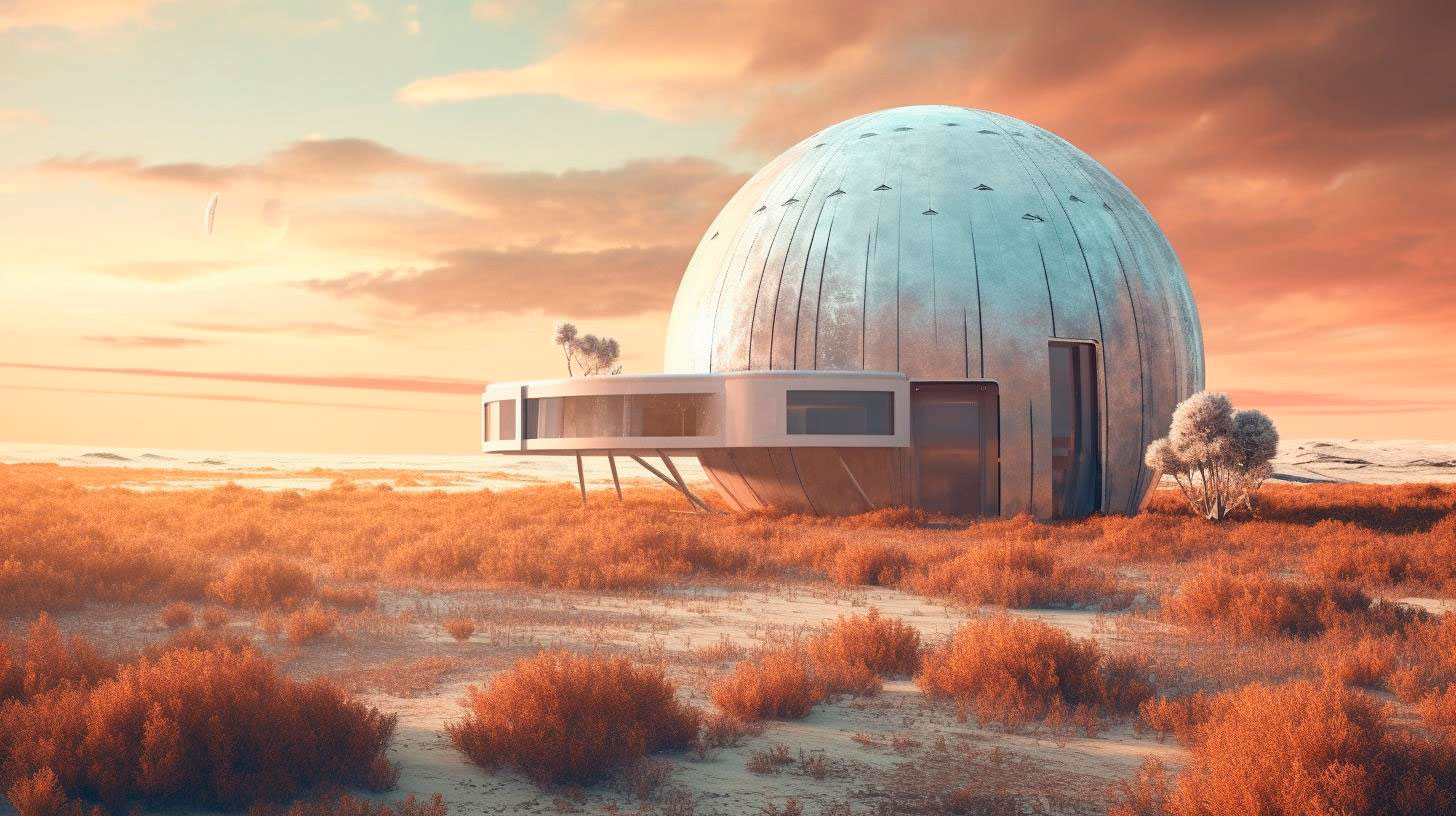Renewable Energy Strategies to Preserve Water Resources
In this article, we will explore the various renewable energy strategies that can play a crucial role in preserving water resources and mitigating the global water crisis.
Solar Power
Solar energy is a key player in reducing water consumption in the energy sector. Conventional power plants, such as coal-fired and natural gas power plants, require vast amounts of water for cooling purposes. In contrast, solar power does not require water for electricity generation, making it an excellent choice for water conservation.
Advantages of solar power in preserving water resources:
- Zero water consumption during electricity generation.
- Reduces strain on water resources, particularly in arid regions.
- Lower risk of water pollution compared to conventional power plants.
According to a study by the National Renewable Energy Laboratory (NREL), solar photovoltaic (PV) systems consumed 87-95% less water than traditional fossil fuel-based power plants in the United States.
Wind Energy
Wind energy is another renewable resource that can significantly contribute to water conservation efforts. Like solar power, wind energy does not require water for electricity generation. Wind turbines convert the kinetic energy of the wind into electrical power, eliminating the need for water-intensive cooling systems.
Advantages of wind energy in preserving water resources:
- Zero water consumption during electricity generation.
- Reduces water scarcity risks associated with conventional power plants.
- Minimizes water pollution and potential impacts on aquatic ecosystems.
According to the United States Geological Survey (USGS), a typical coal-fired power plant withdraws an estimated 16,000 gallons (about 60,566 liters) of water per megawatt-hour of electricity produced, while wind power withdraws zero water.
Hydropower and Water Efficiency
While hydropower is often associated with water usage, advancements in technology and water management practices are transforming the industry to become more water-efficient. Hydropower facilities can adopt strategies like run-of-river installations or pumped-storage systems that minimize water consumption and ecological disruption.
Advantages of water-efficient hydropower:
- Optimized water usage through innovative design and operational practices.
- Minimizes ecological impacts on aquatic habitats and fish migration.
- Provides flexible water storage for better water resource management.
The Bureau of Reclamation estimates that water savings generated by optimizing hydropower operations in the western United States could annually supply water to approximately 750,000 households.
Biomass Energy
Biomass energy, derived from organic materials like plants and agricultural residues, can contribute to water preservation through advanced technologies like anaerobic digestion and gasification. These methods minimize water consumption compared to traditional biomass power plants, which rely on steam generation for electricity production.
Advantages of biomass energy in preserving water resources:
- Reduced water usage through advanced biomass conversion techniques.
- Potential for utilizing organic waste materials, reducing landfill impacts.
- Facilitates sustainable waste management practices, reducing water pollution.
A study conducted by the European Biomass Industry Association found that anaerobic digestion technology can save up to 75% of water compared to traditional coal power plants when generating an equivalent amount of electricity.
Key Takeaways
Renewable energy sources offer significant benefits in preserving water resources, mitigating water scarcity risks, and reducing water pollution associated with conventional power generation. Strategies such as solar power and wind energy eliminate water consumption during electricity generation, while advancements in hydropower and biomass energy technologies enhance water efficiency. Embracing these renewable energy strategies is vital for a sustainable future, ensuring both energy security and the preservation of our precious water resources.
For more information on the water-saving potential of renewable energy, you can visit NREL and USGS.
